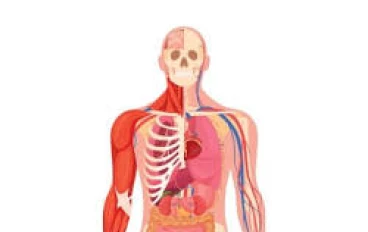
The Heart of Healthcare: Understanding the Importance of Nursing
Nursing is one of the most respected and vital professions in the world of healthcare. A nurse’s role goes far beyond simply assisting doctors; they are the backbone of hospitals, clinics, and community health systems. Through compassion, skill, and dedication, nurses ensure that patients receive the best possible care. The nursing profession blends medical expertise with emotional intelligence, creating a bridge between science and humanity. Without nurses, the healthcare system would struggle to function effectively, as they are often the first and last point of contact
.
The role of a nurse involves a wide range of responsibilities, from monitoring vital signs and administering medication to providing emotional support and health education. Nurses are trained professionals who specialize in caring for people of all ages, from newborns to the elderly. They work in different fields, including pediatric nursing, critical care nursing, surgical nursing, and community health nursing. Each specialization requires unique skills and deep knowledge, proving that nursing is not just a job—it is a lifelong commitment to helping others.
Education plays a significant role in shaping a successful nursing career. Many nurses start with a Bachelor of Science in Nursing (BSN) or an Associate Degree in Nursing (ADN). After completing their education, they must pass a national licensing exam to become registered nurses (RNs). Some go further to pursue advanced degrees, such as Master of Science in Nursing (MSN) or Doctor of Nursing Practice (DNP), which allow them to become nurse practitioners or educators. Continuous learning is a crucial part of the nursing field since medical knowledge and healthcare technology evolve rapidly.
One of the most inspiring aspects of nursing is the compassion nurses bring to their work. Nursing is not just about treating illness—it’s about caring for the person behind the patient. Nurses often comfort families, hold patients’ hands during difficult moments, and offer hope when situations seem bleak. This human connection in nursing makes it one of the most emotionally rewarding careers. The values of empathy, patience, and resilience define what it means to be a true nurse.
However, nursing is not without its challenges. The profession can be both physically and emotionally demanding. Nurses often work long shifts, sometimes in high-pressure environments like emergency rooms or intensive care units. They face stress, burnout, and exposure to health risks, especially during pandemics like COVID-19. Despite these challenges, nurses continue to serve with strength and compassion. Their dedication and sacrifice highlight the deep sense of duty that defines the nursing profession.
The impact of nurses extends far beyond hospitals. In community nursing, professionals work to promote public health, prevent disease, and educate people about healthy lifestyles. School nurses, home health nurses, and public health nurses play a major role in improving community well-being. By offering accessible healthcare and education, they help build stronger, healthier societies. The global demand for nurses continues to rise, making it one of the most essential and stable careers in the world.
In conclusion, nursing represents the perfect balance between science and humanity. It is a profession built on care, compassion, and commitment to the well-being of others. Nurses are not only medical professionals but also healers, educators, and advocates for health. As the healthcare system evolves, the role of nurses becomes even more critical. Whether in hospitals, schools, or communities, nurses stand as symbols of hope and healing. Their contribution to society is immeasurable, proving that nursing is truly the heart of healthcare.
































